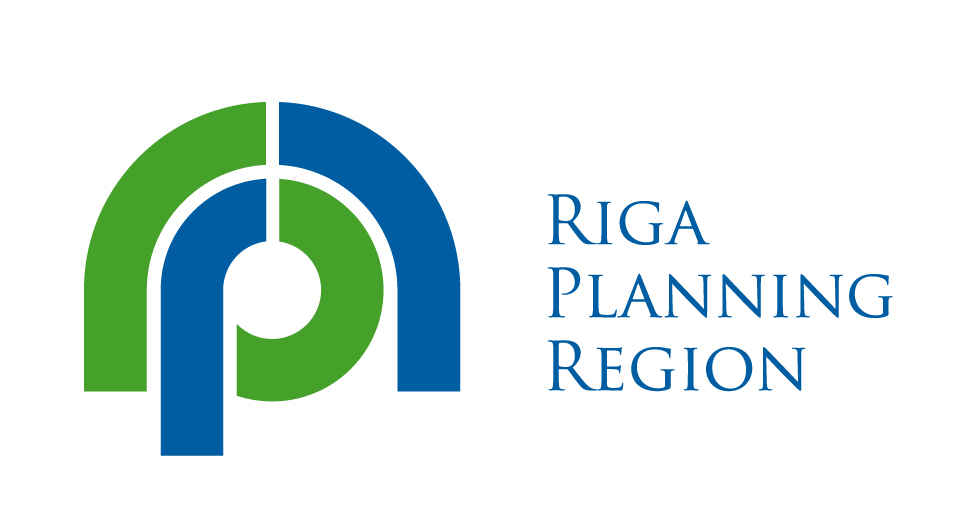Riga Planning Region
Riga Planning Region's mission is the planning and coordination of regional development, and the cooperation between local government and other State administrative institutions.
RPR functions include the facilitation and support of entrepreneurial activity, especially facilitating the development of SMEs in the region, promoting cooperation between the public, business, and academic/research institutions, as well as providing information and advisory support to enable access to EU funds and implementation of RIS3 in the region. This function is carried out by RPR’s Entrepreneurship Support Centre which serves the region’s businesses by providing relevant information, capacity-building and development of cooperation with other stakeholders.
Contact
Riga Planning Region
Rīgas Plānošanas regions
18 Zigfrida Annas Meierovica blvd
LV-1050, Riga, Latvia
Dace Grinberga, Head of Business Support Centre
E-mail: dace.grinberga@rpr.gov.lv
Web: www.rpr.gov.lv

Information about the RIS3 of the partner region:
National document level: “Latvian National RIS3 strategy”
Legal owner: Ministry of Education and Science and Ministry of Economics are both responsible for the RIS3 design as well as implementation process
Web: http://s3platform.jrc.ec.europa.eu/regions/lv
Key challenges for innovation policy
- Current prevalent business model of Latvian companies is not oriented toward innovation
- Oriented towards cheap labour and exploiting natural resources
- Oriented towards cheap labour and exploiting natural resources
- Weak cooperation between industry and science
- Existing education system does not match demand and supply of labour
- Especially in STEM
- Especially in STEM
- Not enough science and research capacity
- Monocentric regional development.
Smart Specialisations Areas in Latvia
The main smart specialisation areas of the Latvian National RIS3 strategy are:- Smart Energy
- Advanced ICT
- Knowledge intensive bio-economy
- Biomedicine, medical technologies and biotechnology
- Smart materials, technology and engineering.
Main objectives of the RIS3
RIS3 objectives and instruments:- Development of human capital
- attracting young scientists
- avoid fragmentation of resources (more consolidation)
- internationalization of science (support of cooperation programs)
- attracting young scientists
- Closer integration of education, science and industry sectors
- facilitate technology transfer via attraction of technology transfer experts in universities and introducing new transfer services (proof-of-concept), better linkages with instruments oriented to support the creation of new businesses
- continue to develop Competence Centres, especially in specialization areas, as long-term collaboration platforms between industry and academia and coordination platform among industry players themselves
- support for development of technology transfer infrastructure (open labs, prototyping labs, living labs) in universities and research organizations
- facilitate technology transfer via attraction of technology transfer experts in universities and introducing new transfer services (proof-of-concept), better linkages with instruments oriented to support the creation of new businesses
- Building innovation capacity of industry
- new tax relief to support industry investments in R&D
- support to SMEs to acquire knowledge for development of new products and technologies (innovation vouchers)
- support for development of enterprises, especially newly established businesses formed on the basis of research results
- support for business with fast growth potential via early stage investment instruments
- support for non-technological innovation and creative industries.
- new tax relief to support industry investments in R&D
Funding
Financing of RIS3-related operations is divided between a few sources:- Structural funds (ERDF, ESF, European Rural Development Fund)
- EU R&D programmes (Horizon 2020)
- EU Territorial Cooperation programmes
- Latvian national budget.
Operational Programme “Growth and Employment” for the European Union (EU) funds 2014-2020 programming period makes 4.4 billion euro available for Latvia. In 2014-2020 the most significant investments are planned to increase the investments in research and development, promote and attract private investment, as well as to activate cooperation between research institutions and businessmen.

